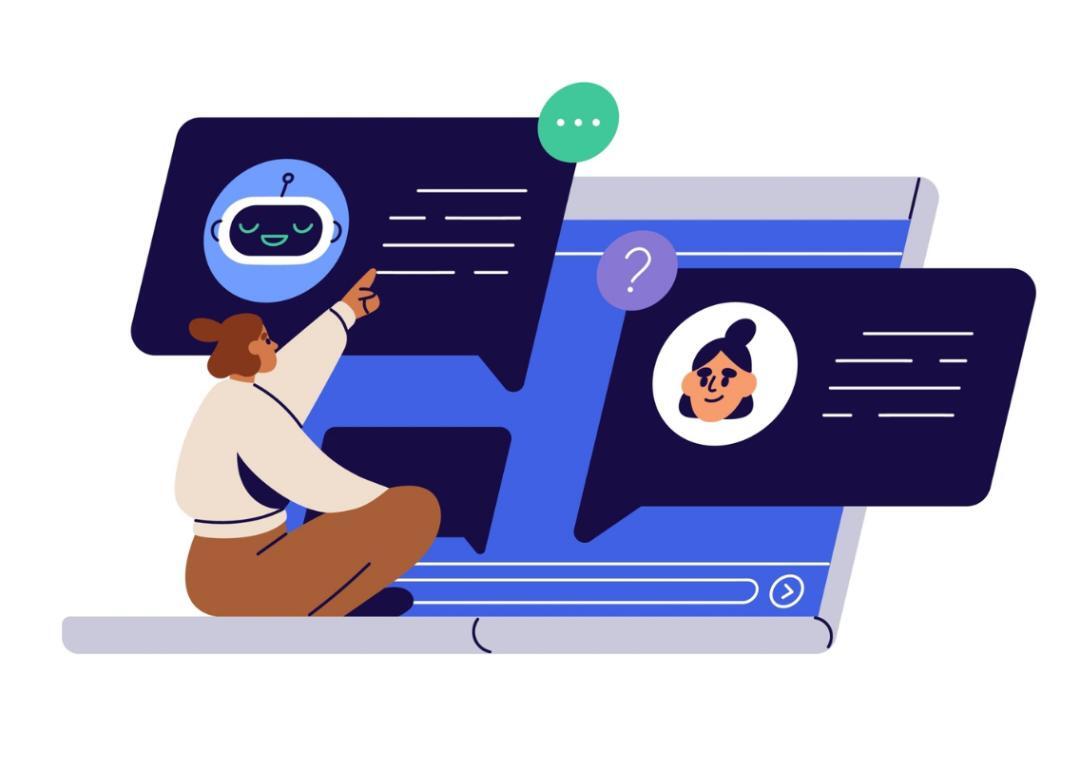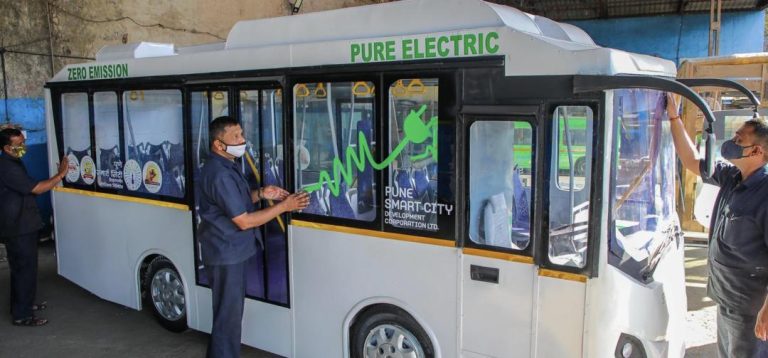
From Guesswork to Growth Loops
The world of marketing is always evolving, and with the rise of digital technology, it’s no longer a secret that traditional marketing methods are no longer as effective as they once were. Many marketing teams still run on guess-and-check, relying on intuition and assumptions to guide their campaigns. However, this approach is no longer sustainable in today’s fast-paced and competitive market.
Fortunately, the arrival of AI copilots is changing the game for marketers. These innovative tools use machine learning algorithms to constantly learn from user behavior and adapt campaigns in real-time. With better attribution models and AI-driven insights, brands can now focus on what moves the needle – instead of what feels right.
The traditional approach to marketing often involves throwing a lot of resources at different channels and tactics, hoping that something will stick. This is a costly and inefficient way to work, especially when it’s hard to measure the impact of each individual campaign. With AI copilots, marketers can finally say goodbye to guesswork and hello to data-driven decision making.
The Problem with Guesswork
So, why do so many marketing teams still rely on guesswork? There are a few reasons for this. Firstly, many marketers are not familiar with data analysis and attribution modeling, which can make it difficult to measure the effectiveness of their campaigns. Secondly, the fast-paced nature of the digital landscape means that marketers often have to react quickly to changes in the market, without having the time to conduct extensive research or analysis.
As a result, many marketers are forced to rely on intuition and experience to guide their decisions. However, this approach is inherently flawed, as it’s based on incomplete and potentially biased data. By using AI copilots, marketers can avoid this problem and make data-driven decisions that are based on real-time insights.
The Power of AI Copilots
AI copilots are designed to work alongside marketers, providing them with real-time insights and recommendations to optimize their campaigns. These tools use machine learning algorithms to analyze vast amounts of data, including user behavior, demographics, and market trends. By using this data, AI copilots can identify patterns and correlations that would be impossible for humans to detect.
One of the key benefits of AI copilots is their ability to adapt to changing market conditions. In the past, marketers would have to wait weeks or even months to see the results of a campaign, and then adjust their strategy accordingly. With AI copilots, marketers can make adjustments in real-time, based on the latest data and insights.
Better Attribution Models
Another major benefit of AI copilots is their ability to provide better attribution models. Traditional attribution models are often simplistic and inaccurate, assigning credit to individual campaigns or channels without taking into account the complex interactions between them. AI copilots, on the other hand, can use machine learning algorithms to assign credit to the most effective combinations of campaigns and channels.
This is a game-changer for marketers, as it allows them to focus on what really drives results – rather than relying on assumptions or gut feelings. With better attribution models, marketers can optimize their campaigns in real-time, making adjustments to maximize ROI and minimize waste.
AI-Driven Insights
AI copilots also provide marketers with valuable insights into user behavior and preferences. By analyzing vast amounts of data, these tools can identify trends and patterns that would be impossible for humans to detect. For example, an AI copilot might identify a particular demographic or interest group that is highly engaged with a brand’s content, and recommend targeting that group with specific campaigns.
This is a major advantage for marketers, as it allows them to tailor their campaigns to specific audiences and maximize engagement. By using AI-driven insights, marketers can create highly targeted and effective campaigns that drive real results.
Case Study: India’s First AI Copilot for Marketing
Recently, Growth Jockey launched India’s first AI copilot for marketing, which is designed to help marketers optimize their campaigns and maximize ROI. The tool uses machine learning algorithms to analyze vast amounts of data, including user behavior, demographics, and market trends.
In a recent case study, the AI copilot was used to optimize a marketing campaign for a major e-commerce brand. The campaign involved targeting a specific demographic group with a series of ads, and the AI copilot was used to analyze the results in real-time.
The results were impressive, with the AI copilot identifying a particular ad creative that was highly effective at driving conversions. The tool also identified a specific demographic group that was highly engaged with the brand’s content, and recommended targeting that group with specific campaigns.
Conclusion
The traditional approach to marketing is no longer effective in today’s fast-paced and competitive market. With the rise of AI copilots, marketers can finally say goodbye to guesswork and hello to data-driven decision making.
By using AI copilots, marketers can analyze vast amounts of data, identify patterns and correlations, and make data-driven decisions that are based on real-time insights. These tools can also provide better attribution models, AI-driven insights, and real-time optimization – all of which can help marketers maximize ROI and minimize waste.
As the marketing landscape continues to evolve, it’s clear that AI copilots will play an increasingly important role in the success of marketing campaigns. With their ability to analyze vast amounts of data, identify patterns and correlations, and make data-driven decisions, these tools are the key to unlocking growth and driving results.
News Source:
https://www.growthjockey.com/blogs/india-gets-its-first-ai-copilot-for-marketing






